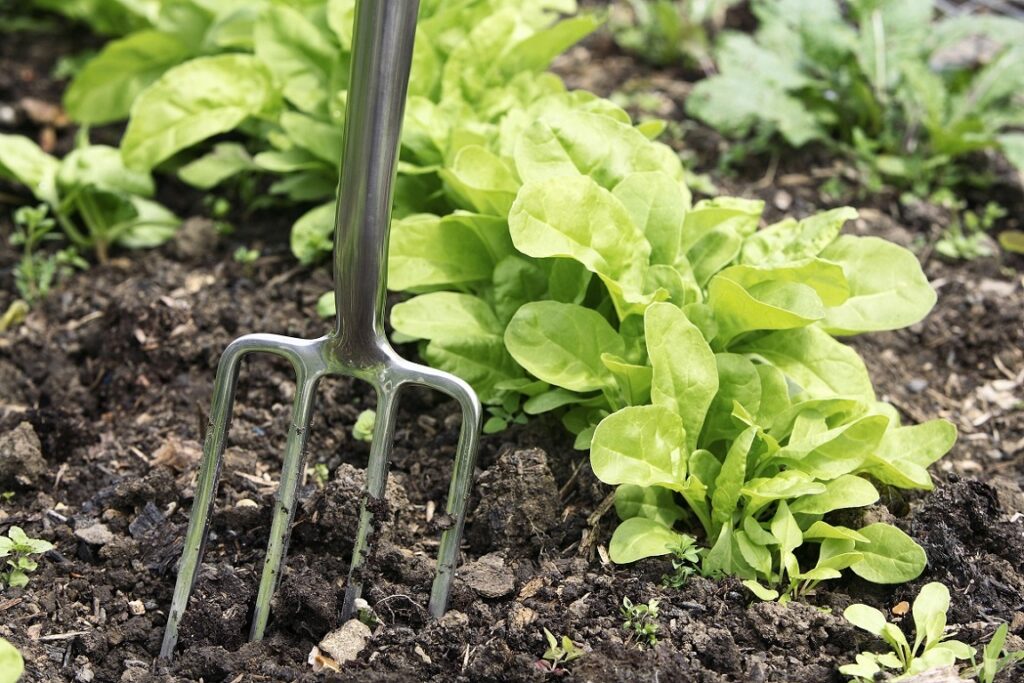"Every little bit counts. That's what they say . Do something for Nature - Do Gardening" -
Key Things on Organics Compost for Gardening
Natural compost and fertiliser are a healthy, nutritious approach to stimulate plant development and improve soil quality in your garden. It’s high in important nutrients including nitrogen, potassium, and phosphorus.
It reduces runoff and leaching since nutrients are released slowly. Compost helps plants utilise nutrients more efficiently by balancing the pH of the soil. While artificial fertilisers are readily available, producing your own organic compost at home is a superior option.
Compost created at home is a terrific soil conditioner that also enables you to recycle a lot of your trash. When your soil has too much clay, adding organic matter to it might help it flow better.
What does Organic Compost and Organic Pesticides consist of ?
Compost also contains organisms that aid in the prevention of plant diseases and aeration of the soil. Compost helps to kill unwanted pests and organisms by attracting beneficial insects to the garden. Because you’re using some landfill debris, producing your own compost is a more ecologically responsible option than purchasing chemical compost. Whether you have a little kitchen garden or a huge backyard vegetable garden, your plants may suffer insect problems or low production at some time, and to tackle these issues, you can manufacture your own organic compost and pesticides to combat your problems without using chemicals.
What to use for Organic Composting?
You must add extra organic matter to the soil on a regular basis to keep it at its best condition. Composting is an excellent technique to transform leftover vegetable and fruit scraps, waste, and plant residue into a product that can greatly benefit your home garden.
It may be a highly cost-effective procedure that can be completed at home. Fruit and vegetable scraps, egg shells, leaves, wood ash, chicken manure, coffee grounds, tea leaves, paper, corn cobs, and other natural waste materials with high nitrogen and oxygen content create excellent organic compost ingredients.
What are the Do's and Don'ts of Composting ?
Meat, bones, and fish scraps should not be composted since they decompose slowly and attract additional pesticides to the pile.
Adding sick or infected leaves and plants will hang around and re-infect the plants you use the compost on.
Weeds that have gone to seed should not be added to the compost pile, since they may re-grow where the compost was placed.
Start a compost pile in your yard if you have the room. If you don’t already have one, start by maintaining a garbage pail or container in your kitchen.
Your compost pile should have a wet but not soggy feel. Because many of the green materials you use in your compost may release water, you must be cautious when adding more water to your compost.
If the compost becomes too wet, add additional brown materials like wood ash and cardboard to absorb the excess moisture.
Keep stirring the pile and mixing the components periodically to speed up the breakdown of your compost.
Compost may take a few weeks, months, or even a year to be ready for use, depending on the sorts of materials you use and the quantity of materials you use
Pesticides for your Organic Gardening
Pesticides come in helpful when your plants become victims of pests. While compost helps to feed the soil and improve plant quality, pesticides come in handy when your plants become victims of pests.
Chemical pesticides are available for your plants, and although they may help them thrive again, they can be damaging to your health if you subsequently absorb harsh poisons from the items you cultivate.
You may also employ bacteria to reduce pests, but this might be harmful to your garden’s visitors, such as honey bees and butterflies.
To be successful, pesticides and methods of pest control do not have to be poisonous.
A powerful stream of water may sometimes be enough to expel bugs and insects, but this is just a temporary remedy. Homemade insecticide is a safe and affordable option for a pest-free garden.
How to prepare Organic Pesticides for your Garden?
You’ll be astonished to learn how many natural, unpleasant (but non-toxic) DIY treatments can be utilized to manufacture basic pest control sprays with excellent insect-repelling properties.
Make a combination of water and bleach-free detergent and softly spray your plants to kill the little insects that live around them. A spray comprised of chilli peppers and garlic puree, bleach-free detergent/soap, and water is another popular home cure for bugs.
Because peppers and garlic have inherent insect repellent properties, they keep insects from attacking the plants. Spraying natural neem oil on pests is also a wonderful natural pest control option. It’s toxin-free, yet it works wonders at keeping hazardous insects out of your plants.
Concluding - How to Apply your Homemade Organic Compost and Pesticides
Before applying the compost and pesticides you manufacture at home on all of your plants, try them on a single plant first.
Sometimes the product isn’t totally acceptable for some plants and may easily kill them. When applying pesticides, you must exercise caution since you may damage beneficial creatures that are useful to your garden.
Although it is much simpler to just pick up a bottle of pesticide or a bag of compost from the store, you should absolutely start putting in a little more effort and investing some time into generating your own non-toxic, organic remedies at home.

